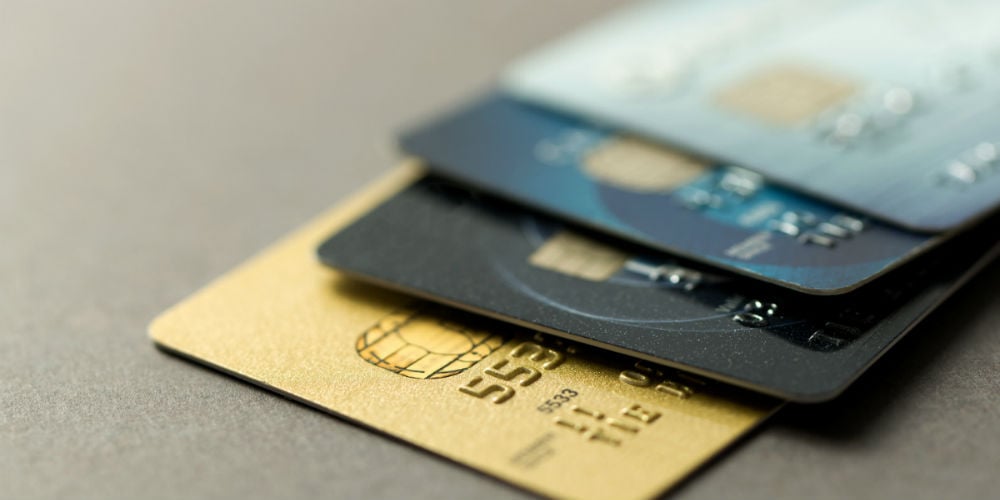Fraud: Are credit cards safer than debit?

With growing reports of identity theft, data breaches and skimming, it feels like the choice of using a credit or debit card has become a high stakes game.
With new scams constantly popping up, the new reality is it’s a matter of when, not if, you’ll be next. But that doesn’t mean you should toss your wallet up in defeat.
When it comes to protecting against card fraud, credit cards may have a slight edge when it comes to protecting yourself against losses.
Consumer protection laws ensure that if your credit or debit card is used for unauthorized charges after it is lost or stolen, your liability is capped at $50.
However, for debit cards, under the Electronic Fund Transfer Act, you have to report the fraud within two business days from when you become aware of the incident to limit the maximum loss to $50. If you report it between three and 60 days after learning of the fraud incident, your maximum loss liability could be as high as $500. And if you wait more than 60 calendar days after it’s been posted on a statement, prepare for the possibility of an uphill battle if you want to receive any reimbursement.
However, with credit cards, you can report the fraud at any time and retain your $50 liability cap.
To avoid being easy prey, think twice before using your debit card in the following places:
Restaurants/delivery orders
There are simply too many opportunities to copy your information.
Gas stations and outdoor ATMs
The likelihood of skimming devices is high for both.
Online purchases
From malware to fake sites and hacking, the risks are high and endless.
Since no one wants to pay interest on a Happy Meal, always use a credit card that you pay off in full each month for use in these risky places.
Have a debit card with Visa and Mastercard logos? Check with your financial institution about any additional built-in fraud protections. These can include alerts of suspicious use sent via text or email, and the ability to turn your card “off” and back “on” again if you suspect fraud or don’t use it often.
The bottom line? It pays to keep a close eye on your accounts. Awareness and speed of reporting can make all the difference when it comes to avoiding fraud and resulting losses.





